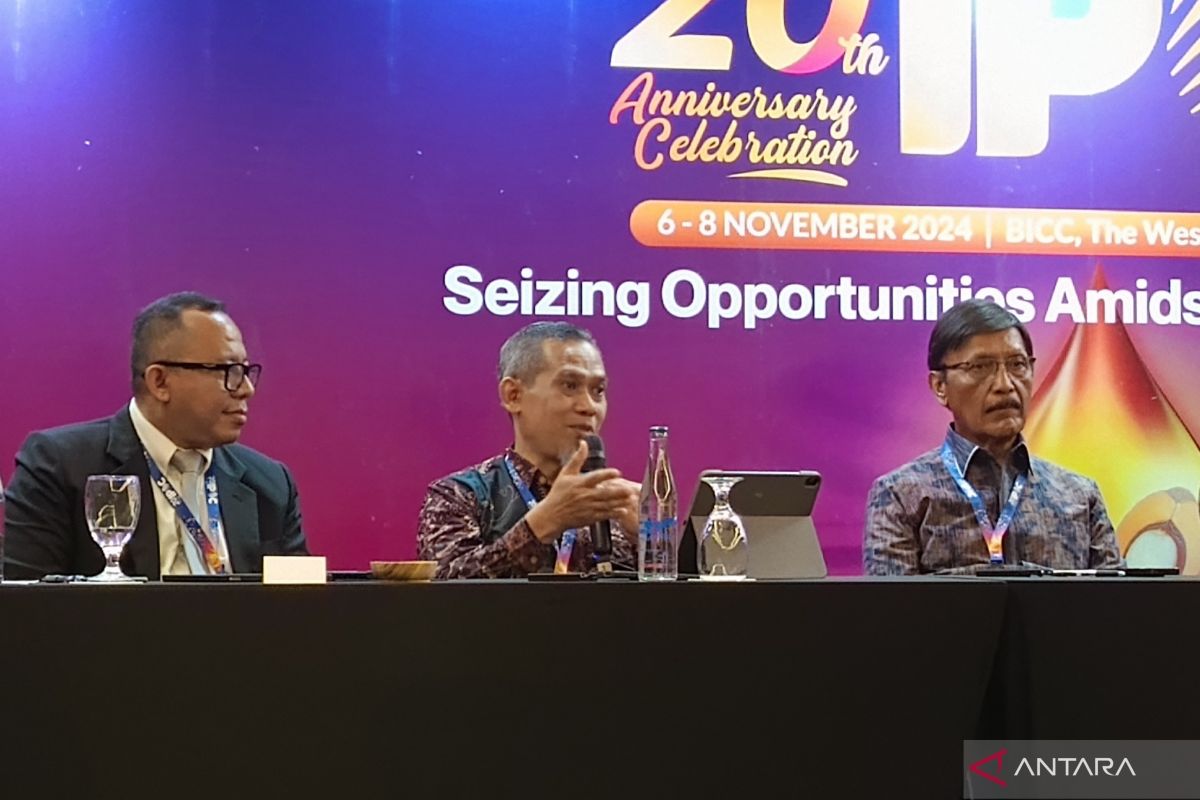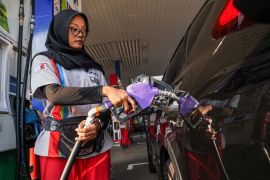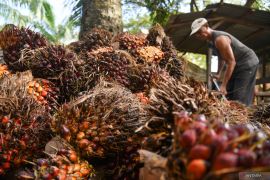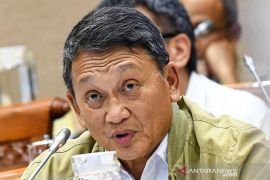“We need to build seven to nine more plants or increase the capacity of the existing plants,” the ministry’s bioenergy director Edi Wibowo said at the Indonesia Palm Oil Conference (IPOC) 2024 in Bali on Thursday.
He explained that the number of biodiesel plants needs to be increased to close the gap in the amount of biodiesel required for conversion to B50, which is 19.7 million kiloliters per year.
Meanwhile, currently, domestic production is only 15.8 million kiloliters per year.
Furthermore, Wibowo informed that the production needs could also be used as an investment opportunity, considering that realizing B50, which combines 50 percent palm oil and 50 percent diesel fuel, requires additional capital investment of US$360 million.
Regarding the B40 biodiesel implementation, which will be carried out in early January 2025, he noted that there is still a 0.3 million kiloliters shortage in production capacity.
However, the issue can be tackled by asking 24 biofuel business entities to step up production.
The Indonesian government is targeting to implement B50 in 2026.
Earlier, in Jakarta on Sunday (November 3, 2024), Energy and Mineral Resources Minister Bahlil Lahadalia said that his ministry is currently preparing a concept for biodiesel development up to B100 biodiesel as part of efforts to realize energy self-sufficiency.
Currently, the biodiesel product prescribed for use in Indonesia is B35, which is a mix of 35 percent fatty acid methyl esters (FAME) from palm oil and 65 percent diesel fuel. Its implementation began on February 1, 2023.
Related news: Indonesia has adequate CPO stocks for B50 biodiesel production
Related news: Use of B50 fuels expected to save foreign exchange earnings
Translator: Ahmad Muzdaffar, Raka Adji
Editor: Azis Kurmala
Copyright © ANTARA 2024












